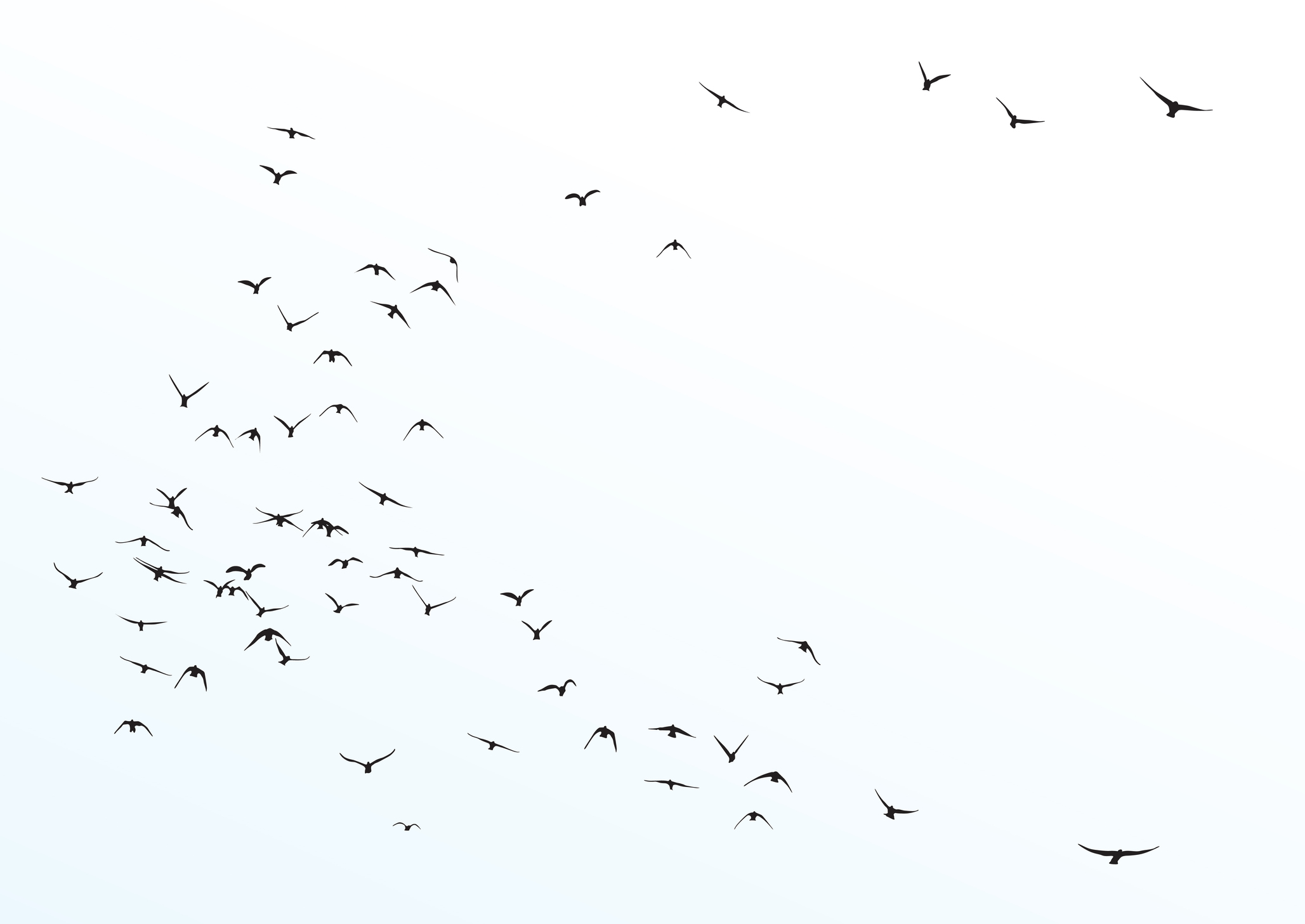Over the past years, avian influenza has proven to be devastating for poultry flocks and wildlife in Africa, Asia, Europe, North America. The disease is a global threat to animal health, food security and livelihoods. Affecting primarily both domestic and wild birds, it can occasionally transmit to humans and other mammals. A highly contagious disease, avian influenza is caused by viruses, whose genetic characteristics can rapidly evolve. Numerous subtypes of HPAI viruses have circulated in diverse domestic and wild bird populations on a wide geographical scale during the past several years.
Recently, the disease has also encroached on several new countries in Central and South America. Bolivia, Colombia, Costa Rica, Ecuador, Honduras, Panama, Peru, and Venezuela have detected the presence of HPAI for the first time. Chile, which had been free of HPAI for 20 years, has also reported new cases of the disease. In addition, the speed of HPAI spread has been raising some concerns, reaching all these countries in only four months. While most cases have been reported in poultry, wild species have also been impacted by this disease, including the Peruvian pelican (Pelecanus thagus) and the brown pelican (Pelecanus occidentalis), among others.
As one of the most consumed animal proteins in the region, poultry plays a significant role in food supply and nutrition. In 2021, according to the Mexican Poultry Producers Association, Brazil, Peru and Argentina chicken consumption ranked first, third and fifth respectively worldwide. The poultry production sector is the fastest-growing agricultural sub-sector, providing incomes for thousands of families.
When disease outbreaks occur, an effective control strategy usually involves the culling of all birds in the affected and at-risk farms to curb the spread of the disease. While based on scientific recommendations, such strategy causes inevitable economic losses for farmers and has a long-lasting impact on their livelihoods. Preventing avian influenza incursion is therefore key to sustaining the poultry industry and trade.
In response to the recent cases in the region, WOAH and the Food and Agriculture Organization of the United Nations (FAO) created a Standing Group of Experts on Avian Influenza within the context of their joint initiative, the Global Framework for the Progressive Control of Transboundary Animal Diseases (GF-TADs). This group aims to provide guidance on preventive actions, preparedness and emergency response to as avian influenza in the region. Their first meeting took place on 13 December 2022 where together they agreed on a list of recommendations.
When the first confirmed case in South America occurred, we informed key stakeholders from the poultry sector to take appropriate action in order to minimise the impacts of the disease.
These recommendations reassert the need for key stakeholders to implement strict biosecurity measures along the poultry value chain to prevent further outbreaks. They notably highlight the importance of keeping away infected birds from healthy ones and cleaning and disinfecting poultry facilities. In addition, the recommendations also focus on wild birds, including the need for surveillance programmes and enhanced biosecurity measures to avoid direct or indirect contact between domestic and wild birds and thus, the potential further spread of the disease. This is essential in preventing outbreaks in bird populations and the introduction of the virus into new poultry flocks.
It is critical that Members notify the World Organisation for Animal Health of outbreaks in a timely manner to ensure we can accurately monitor the evolution and spread of this transboundary animal disease.
In light of these events, WOAH calls on countries in the region to coordinate and intensify their surveillance and preventive efforts. WOAH Reference Laboratories specialised in avian influenza can support national laboratories in the diagnostic of their samples, as needed by countries who are encouraged to share any relevant information pertaining to their disease situation in order to stop its spread and ensure a healthier world for all.

